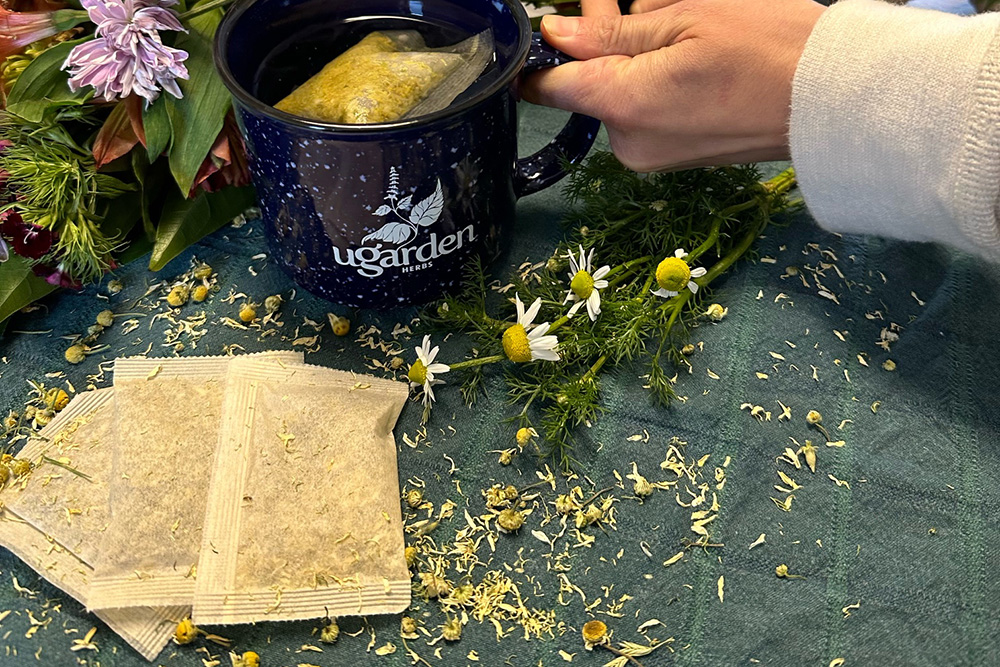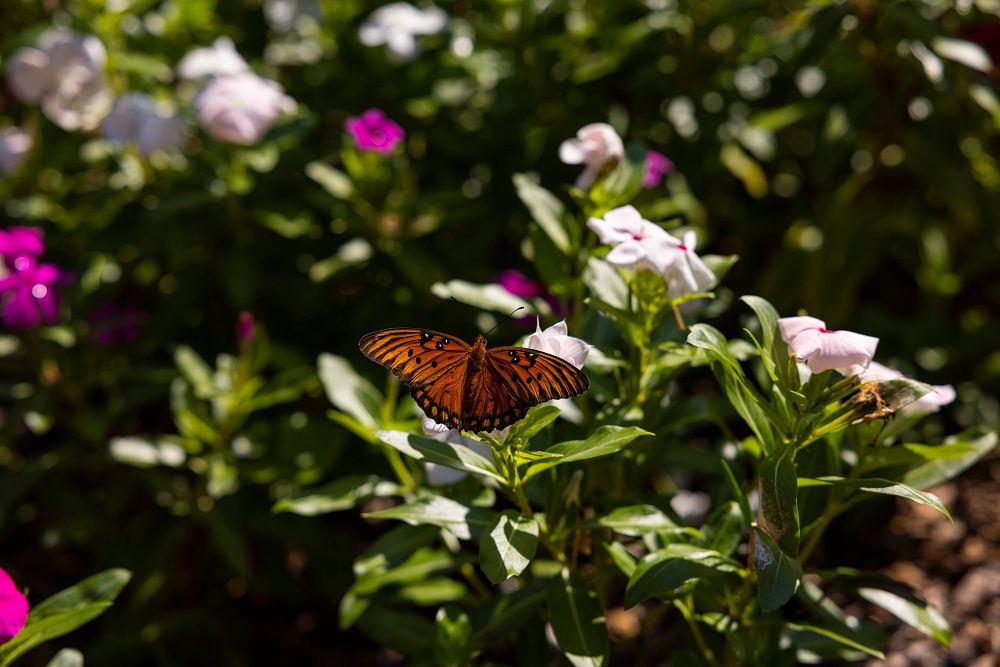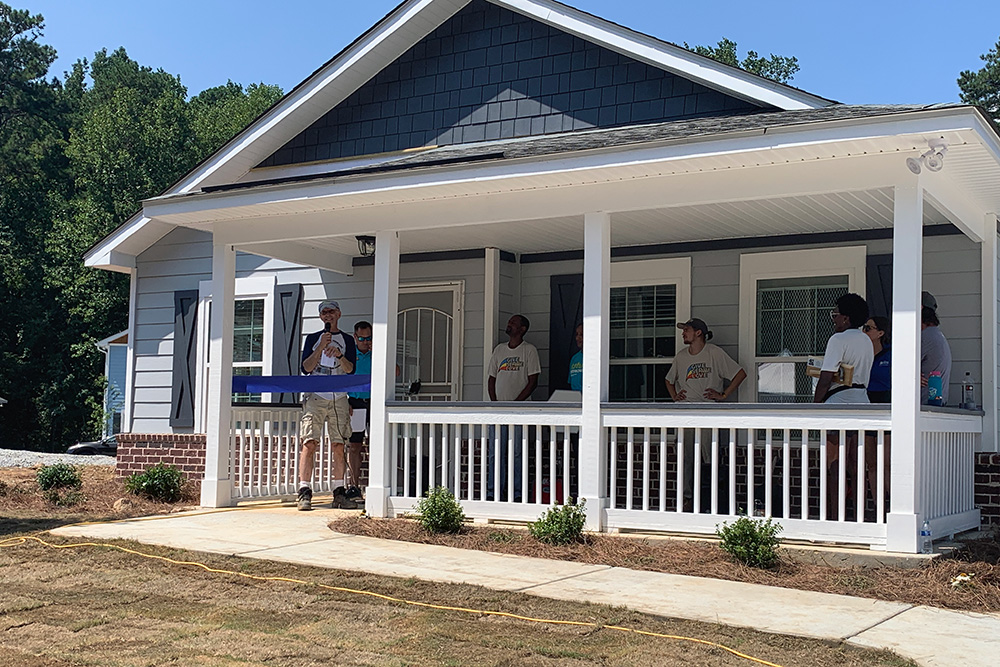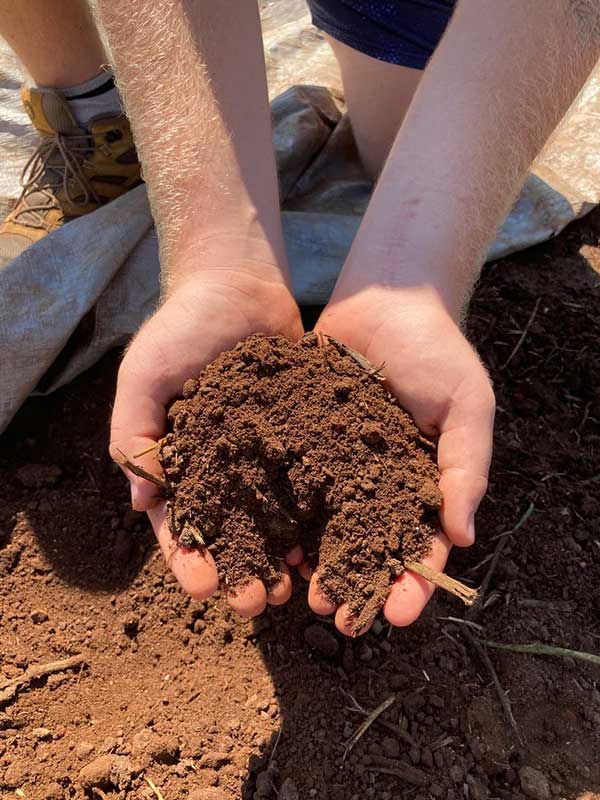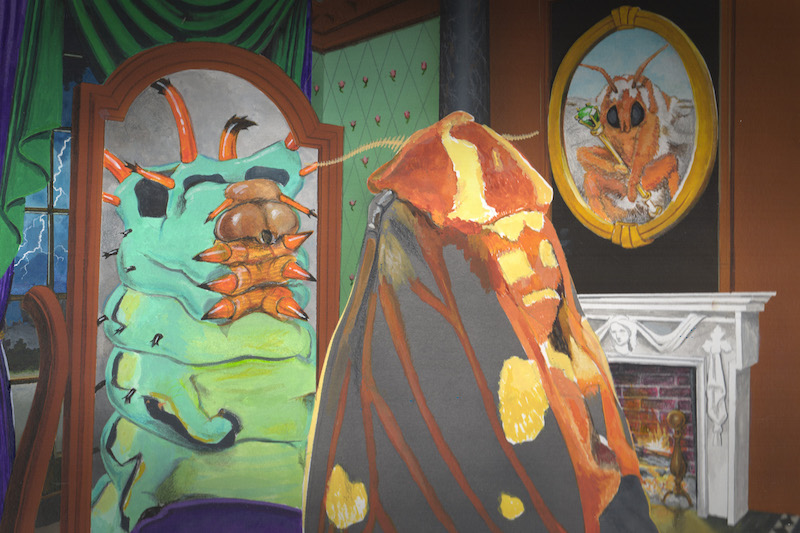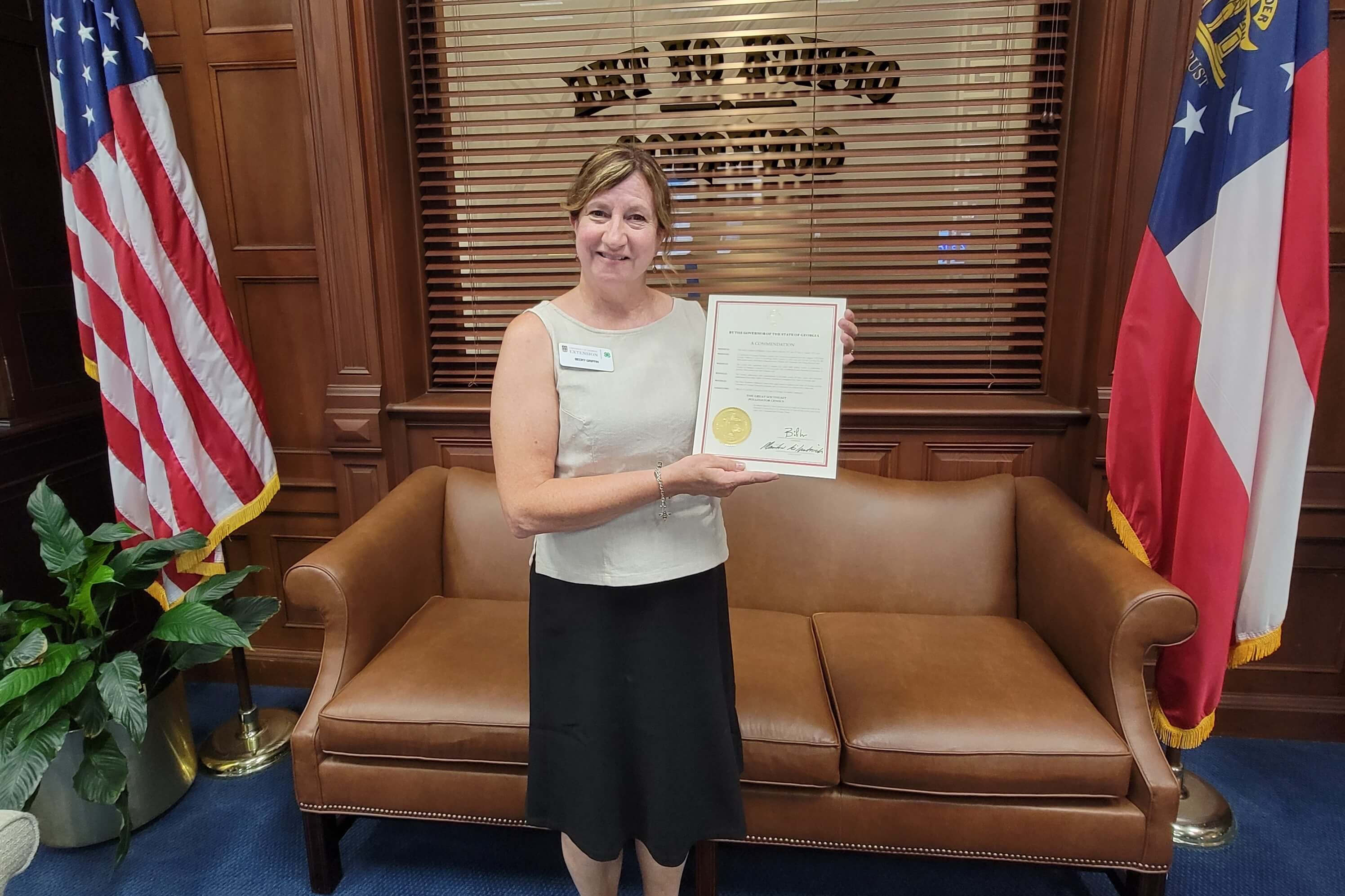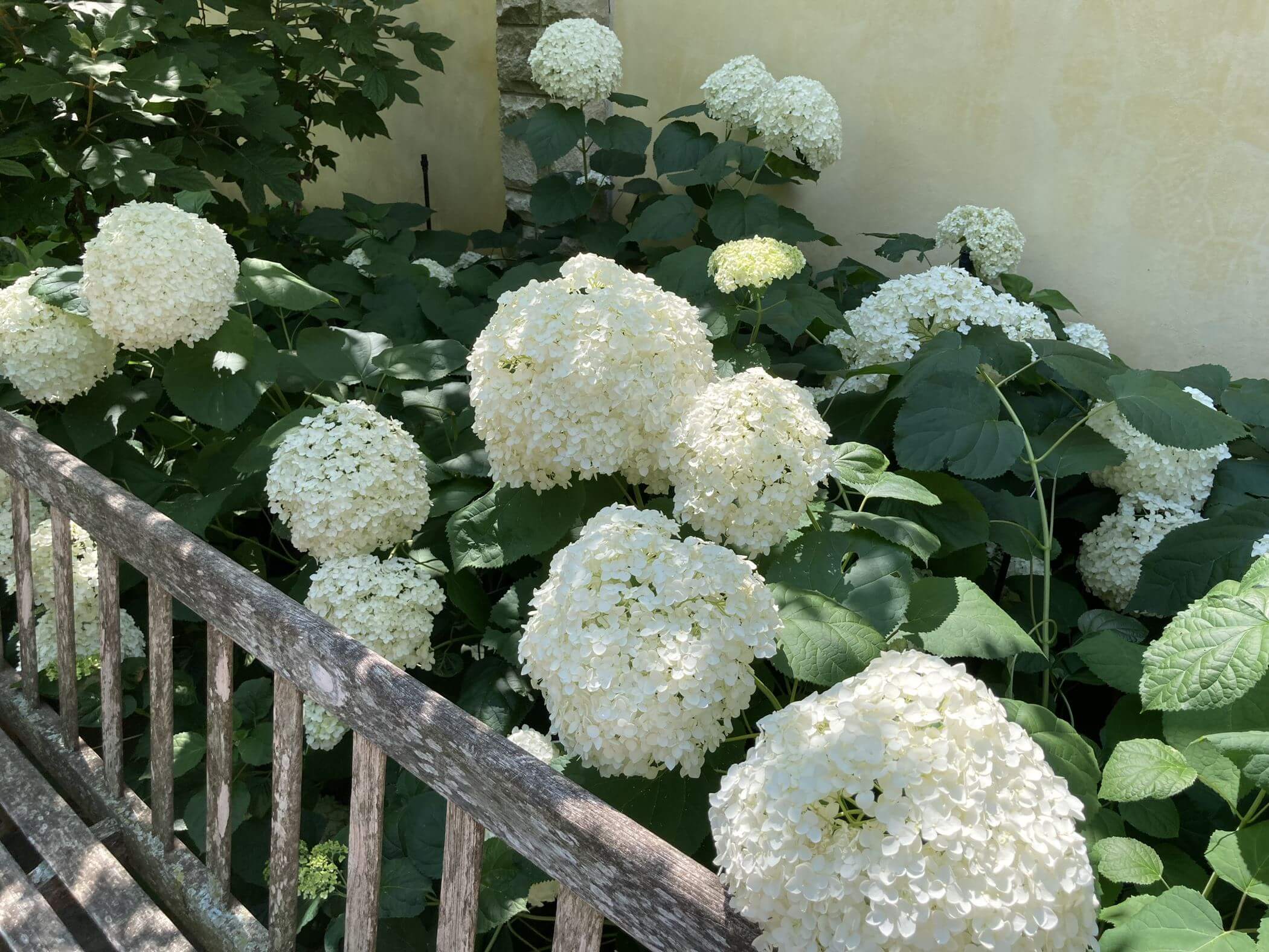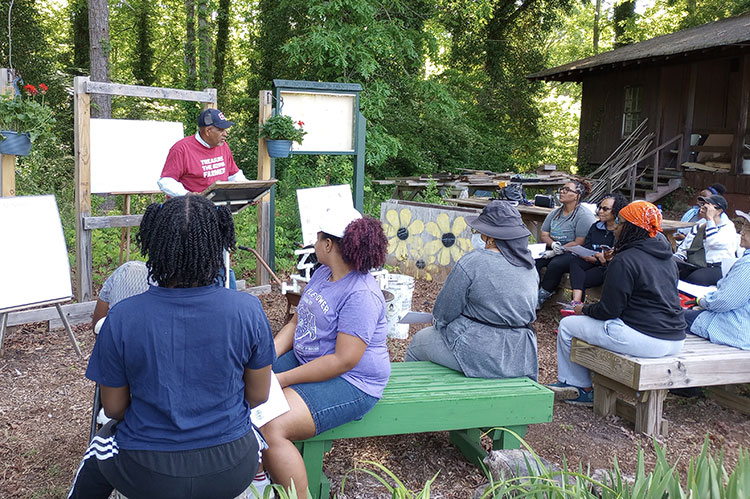 CAES News
CAES News
Extension Volunteer Appreciation
University of Georgia Cooperative Extension depends on thousands of volunteers who give generously to extend program impact and reach in support Extension missions. During Volunteer Appreciation Week April 21-28, UGA Extension celebrates the many volunteers who donate their time to facilitate 4-H, Master Gardener and Family and Consumer Sciences programming. Volunteers across Extension contributed over 324,200 hours in 2023, the equivalent of more than 155 full-time employees.

